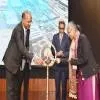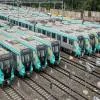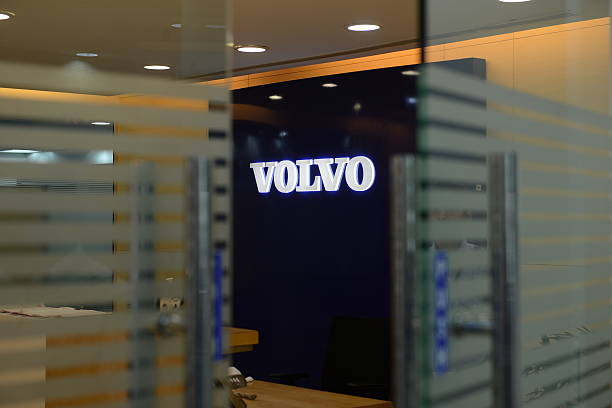
Volvo Group seeks for moderate taxation regime for automobile sector
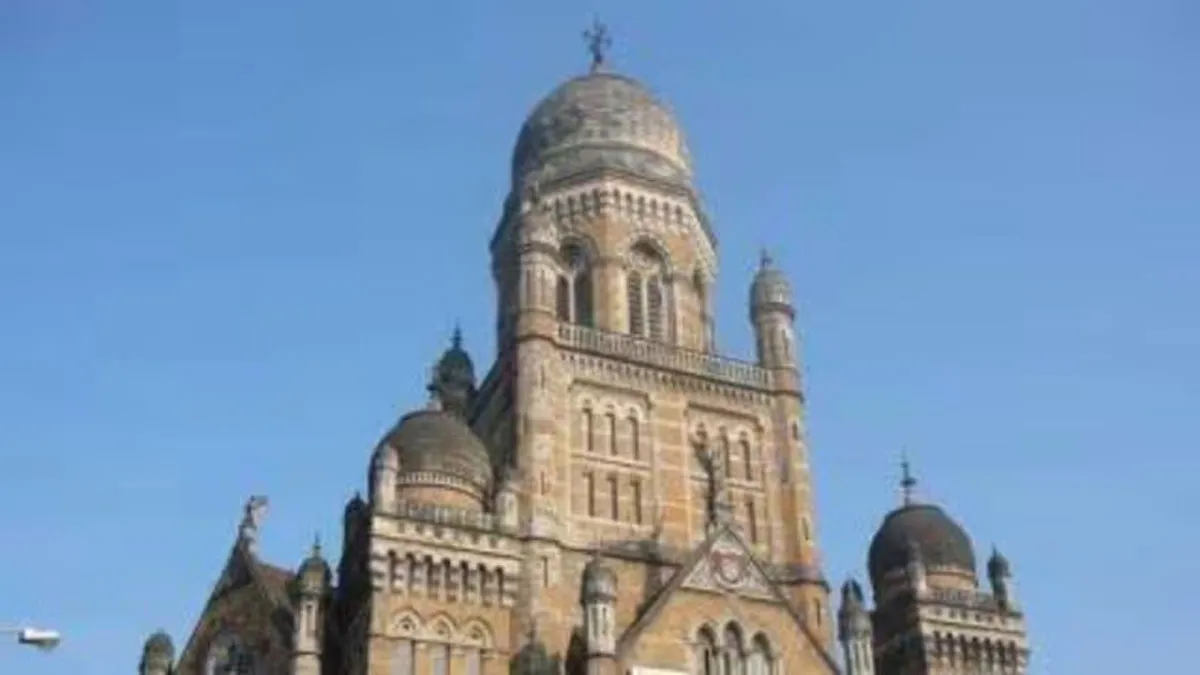
BMC Resumes Rs 170 Billion Road Works, Targets 80 per cent By Jan 2026
Following the withdrawal of the southwest monsoon in October, the Brihanmumbai Municipal Corporation (BMC) has restarted work on 645 roads—covering 297.49 kilometres—under its large-scale concretisation programme. Data shows that more than 60 per cent of the resumed works are located in the western suburbs. Officials said the civic body aims to complete concretisation on 80 per cent of the roads where fresh work has begun by January 2026. Launched in 2022, the Rs 170 billion project seeks to concretise 700 kilometres of roads across Mumbai. All civil works were halted during the monsoon ..
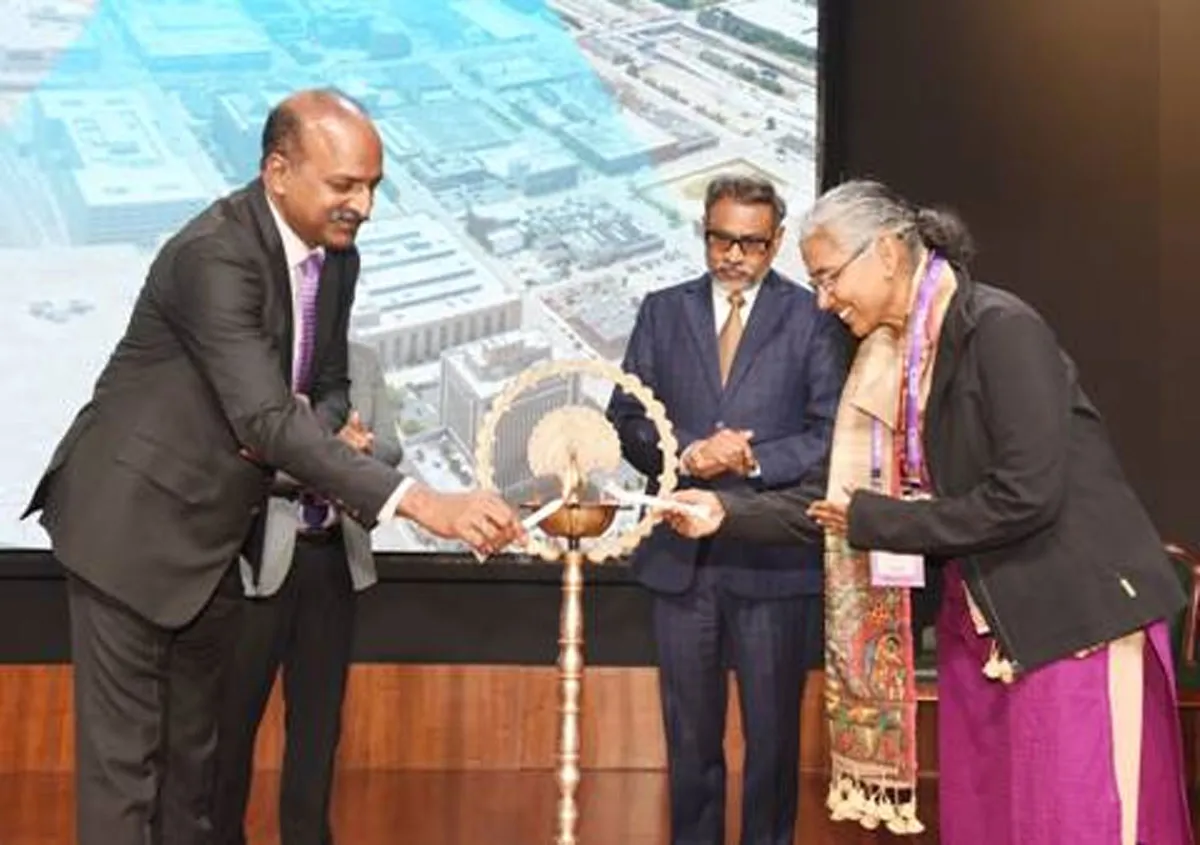
India Pushes Digital Shift In Urban Land Mapping
The Department of Land Resources (DoLR) under the Ministry of Rural Development has convened a National Symposium on NAKSHA – the National Geospatial Knowledge-based Land Survey of Urban Habitations – to advance India’s transition to modern, technology-driven land mapping. Speaking at the inaugural session, Secretary Manoj Joshi underscored the urgent need to move revenue departments away from outdated, tape-based methods and rough hand-drawn sketches. He stressed that adopting latitude–longitude-based digital mapping and GIS-linked registration systems is essential for economic stabi..
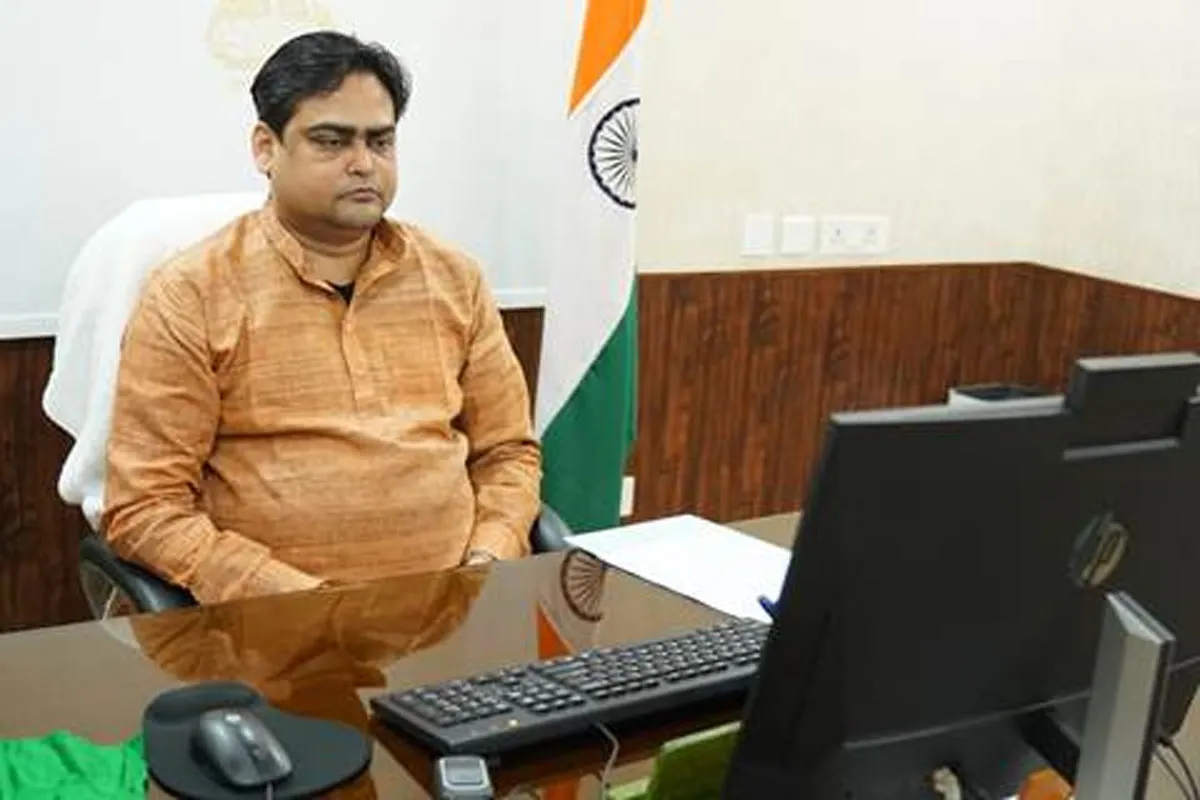
India Unveils First All-Electric Green Tug
India has taken a major step toward sustainable maritime operations as the Union Minister for Ports, Shipping and Waterways, Sarbananda Sonowal, virtually flagged off the steel-cutting ceremony for the country’s first all-electric green tug. Designed for the Deendayal Port Authority (DPA) in Kandla, the vessel is being developed under the Green Tug Transition Programme (GTTP), the Ministry’s flagship initiative to accelerate maritime decarbonisation. The virtual ceremony was attended by Minister of State Shantanu Thakur; Secretary Vijay Kumar, IAS; DPA Chairman Sushil Kumar Singh, IRSME; ..





